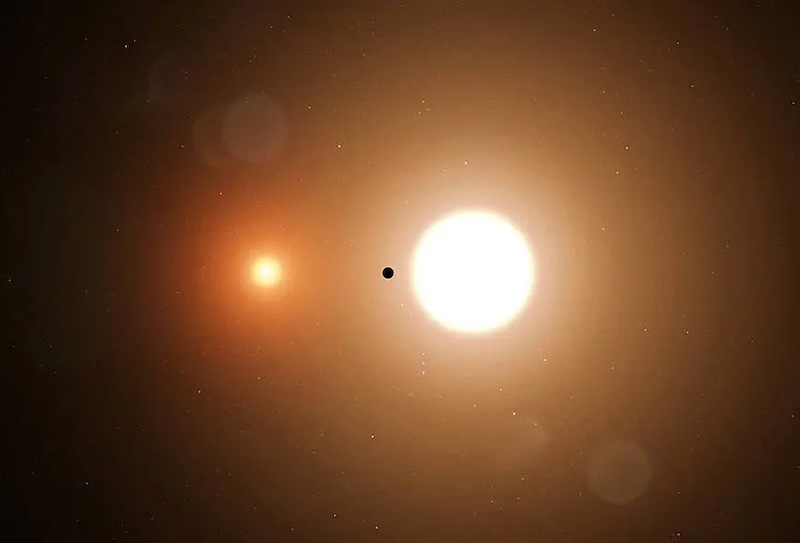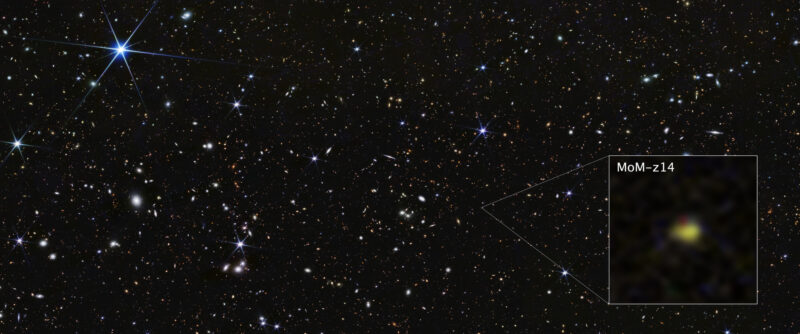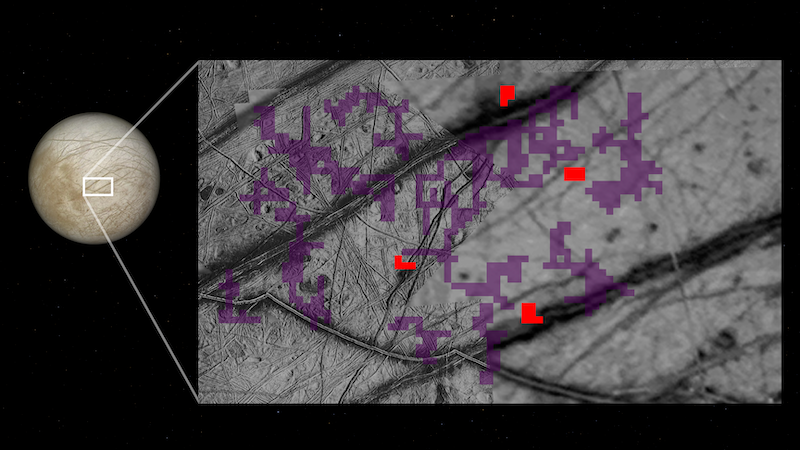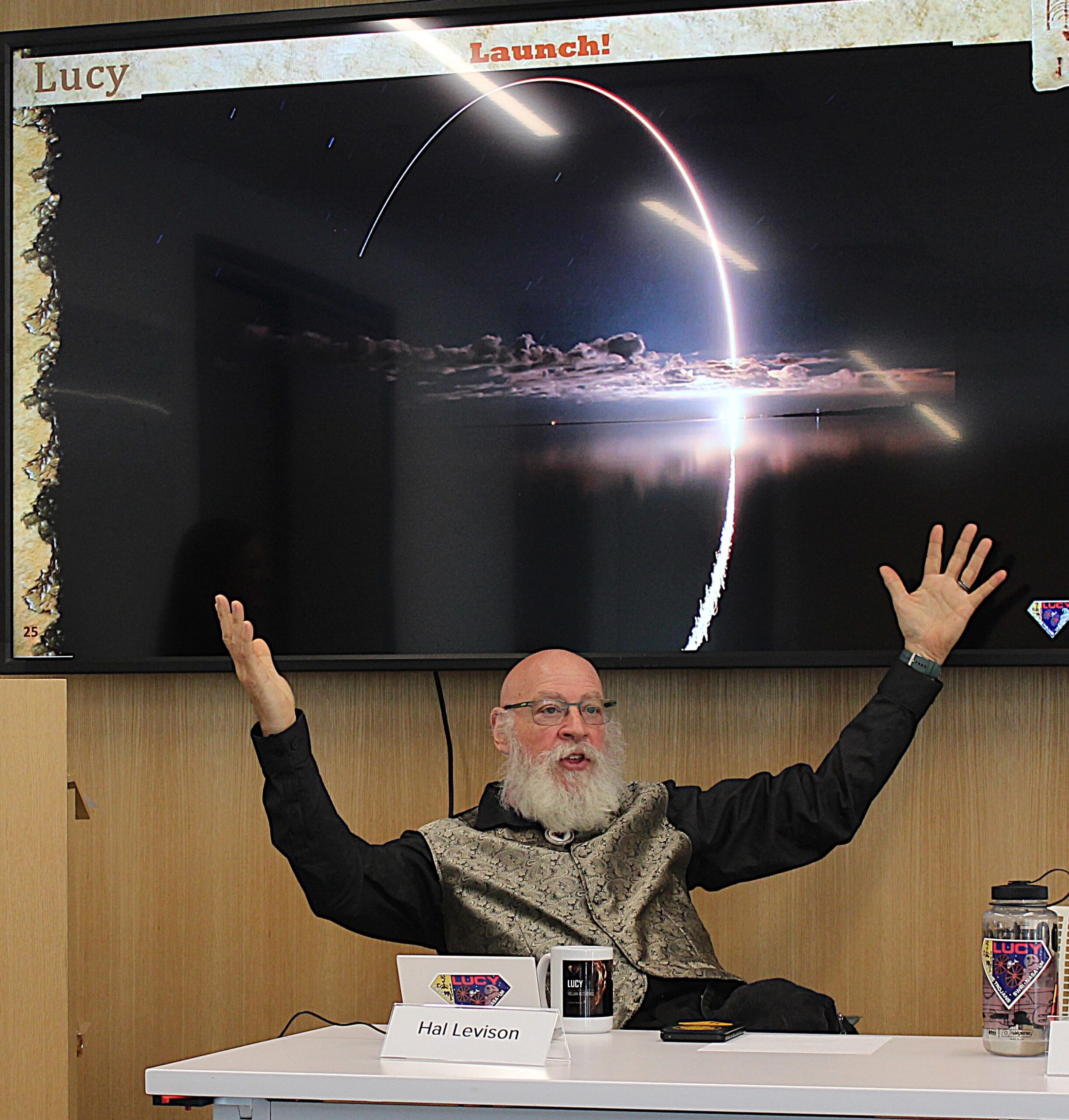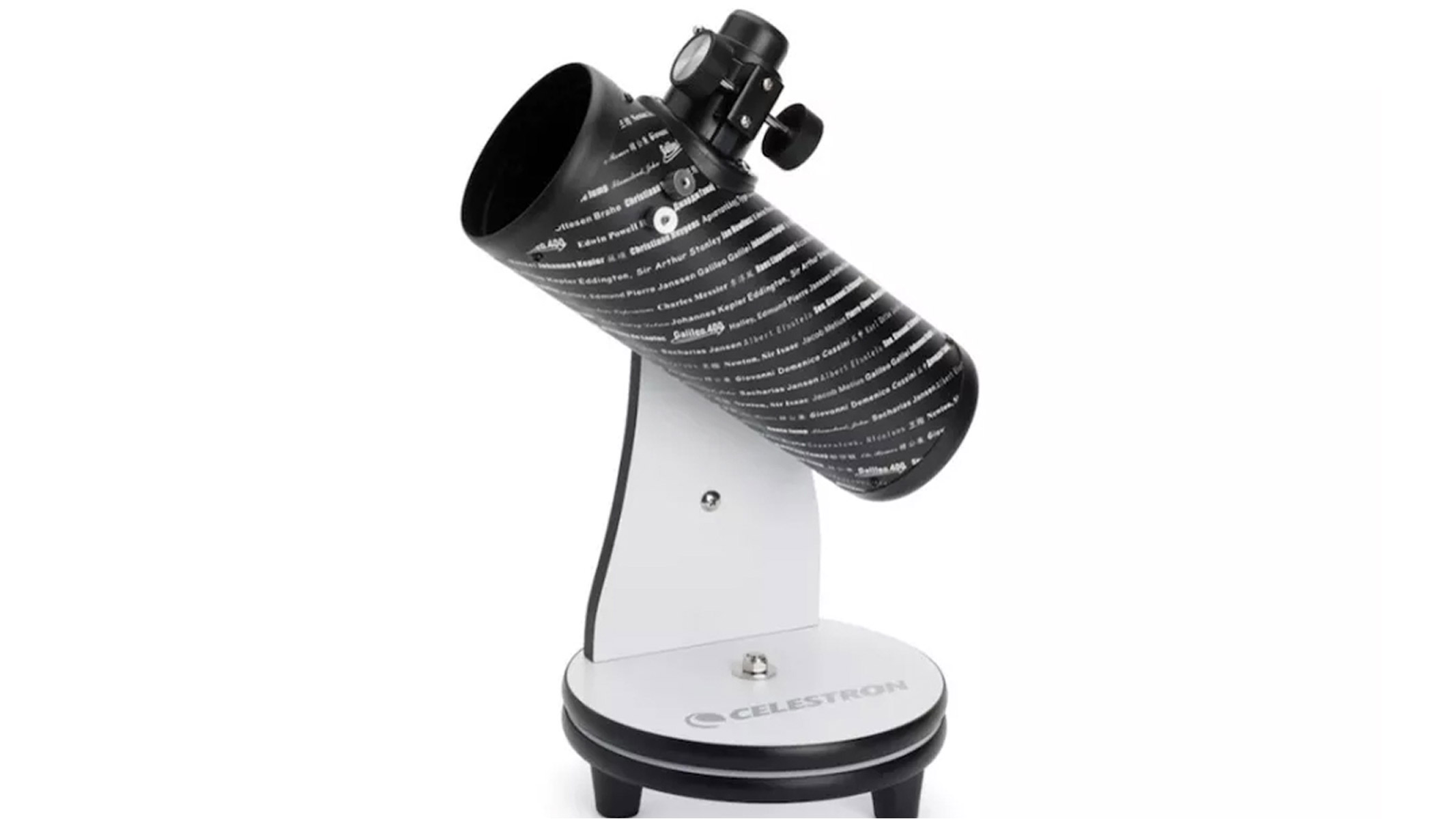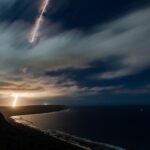Now Reading: What is Vesta Neither an asteroid nor a planet, says study
-
01
What is Vesta Neither an asteroid nor a planet, says study
What is Vesta Neither an asteroid nor a planet, says study
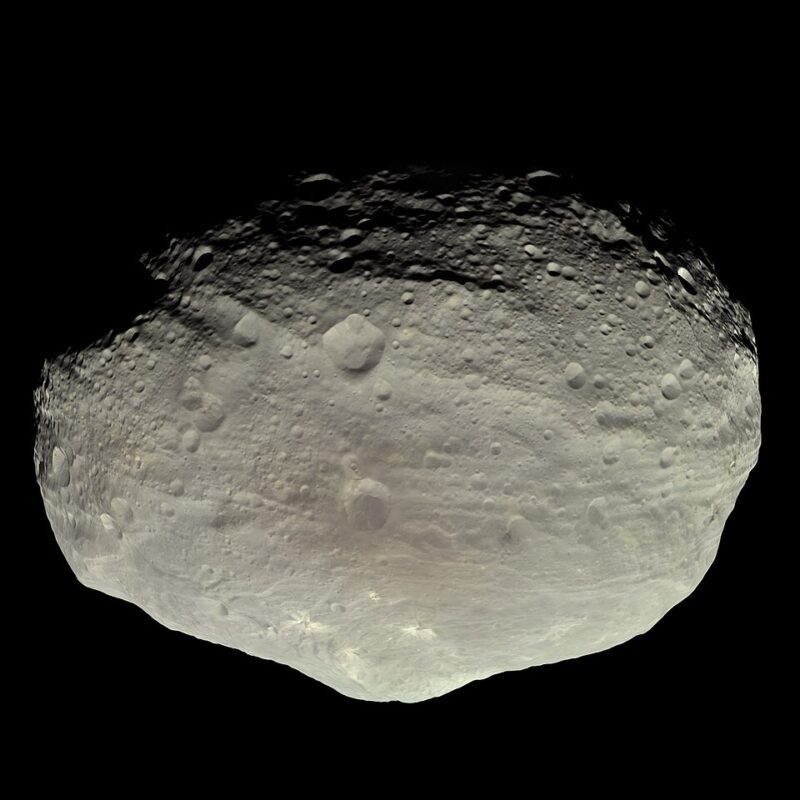

What is Vesta
Vesta is a rocky world orbiting the sun in the asteroid belt. In fact, it contains about 9% of the mass of the entire asteroid belt. And it’s the brightest member of the asteroid belt. Yet it’s not technically an asteroid. But neither is it a planet. Astronomers once thought it was a world with a core, mantle and crust that just didn’t fully reach planet status. But on April 28, 2025, a team of researchers said Vesta doesn’t have a core. So what is Vesta
A re-analysis of NASA Dawn mission data led to the discovery Vesta has no core. The team of scientists said there are two possible explanations for how Vesta came to be. First, it might never have completed the process of differentiation, where dense metals sink to the core. Or second, it might be a broken fragment of a planet that was forming in the early solar system.
The researchers published their peer-reviewed study in the journal Nature Astronomy on April 23, 2025.
No core for Vesta after all
So why did astronomers think Vesta had a core? The outer surface of Vesta consists of volcanic basaltic rocks. That’s different from what astronomers see in other asteroids, which have surfaces of ancient stony gravel. The volcanic basaltic rocks made scientists think the world had undergone the hot, melting process of differentiation, sending the heavier elements to the core.
The Dawn mission to Vesta ended in 2012. But better processing of the Dawn data through the years revealed new insights. Lead author Ryan Park of JPL said:
For years, conflicting gravity data from Dawn’s observations of Vesta created puzzles. After nearly a decade of refining our calibration and processing techniques, we achieved remarkable alignment between Dawn’s Deep Space Network radiometric data and onboard imaging data. We were thrilled to confirm the data’s strength in revealing Vesta’s deep interior. Our findings show Vesta’s history is far more complex than previously believed, shaped by unique processes like interrupted planetary differentiation and late-stage collisions.
When the team took another look at the measurements for Vesta’s rotation and gravity field, they realized Vesta didn’t behave like an object with a core.
So which hypothesis is correct?
Researchers just don’t know yet. But scientists have studied meteorites on Earth that came from Vesta. And those meteorites lean away from the incomplete differentiation scenario. Co-author Seth Jacobson of Michigan State University said:
We’re really confident these meteorites came from Vesta. And these don’t show obvious evidence of incomplete differentiation.
So what about the fragment theory? In the early days of the solar system, objects would have been bashing into each other and fragmenting. If this happened to Vesta, the resulting debris would include melted rocks without evidence of a core.
Jacobson had already been working with the idea that some main belt asteroids are fragments of planets. But he said they’ll need to do more modeling to determine if Vesta really is a former chunk of a young planet. And perhaps Vesta is even a piece of home. Jacobson said:
No longer is the Vesta meteorite collection a sample of a body in space that failed to make it as a planet. These could be pieces of an ancient planet before it grew to full completion. We just don’t know which planet that is yet.
Bottom line: What is Vesta It’s neither an asteroid nor a planet. And a new study shows Vesta doesn’t have a core, which could lead to two possibilities for how it formed.
Source: A small core in Vesta inferred from Dawn’s observations
The post What is Vesta Neither an asteroid nor a planet, says study first appeared on EarthSky.
Stay Informed With the Latest & Most Important News
-
 01Two Black Holes Observed Circling Each Other for the First Time
01Two Black Holes Observed Circling Each Other for the First Time -
 02From Polymerization-Enabled Folding and Assembly to Chemical Evolution: Key Processes for Emergence of Functional Polymers in the Origin of Life
02From Polymerization-Enabled Folding and Assembly to Chemical Evolution: Key Processes for Emergence of Functional Polymers in the Origin of Life -
 03Φsat-2 begins science phase for AI Earth images
03Φsat-2 begins science phase for AI Earth images -
 04Thermodynamic Constraints On The Citric Acid Cycle And Related Reactions In Ocean World Interiors
04Thermodynamic Constraints On The Citric Acid Cycle And Related Reactions In Ocean World Interiors -
 05Hurricane forecasters are losing 3 key satellites ahead of peak storm season − a meteorologist explains why it matters
05Hurricane forecasters are losing 3 key satellites ahead of peak storm season − a meteorologist explains why it matters -
 06Binary star systems are complex astronomical objects − a new AI approach could pin down their properties quickly
06Binary star systems are complex astronomical objects − a new AI approach could pin down their properties quickly -
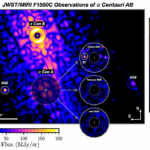 07Worlds Next Door: A Candidate Giant Planet Imaged in the Habitable Zone of α Cen A. I. Observations, Orbital and Physical Properties, and Exozodi Upper Limits
07Worlds Next Door: A Candidate Giant Planet Imaged in the Habitable Zone of α Cen A. I. Observations, Orbital and Physical Properties, and Exozodi Upper Limits












